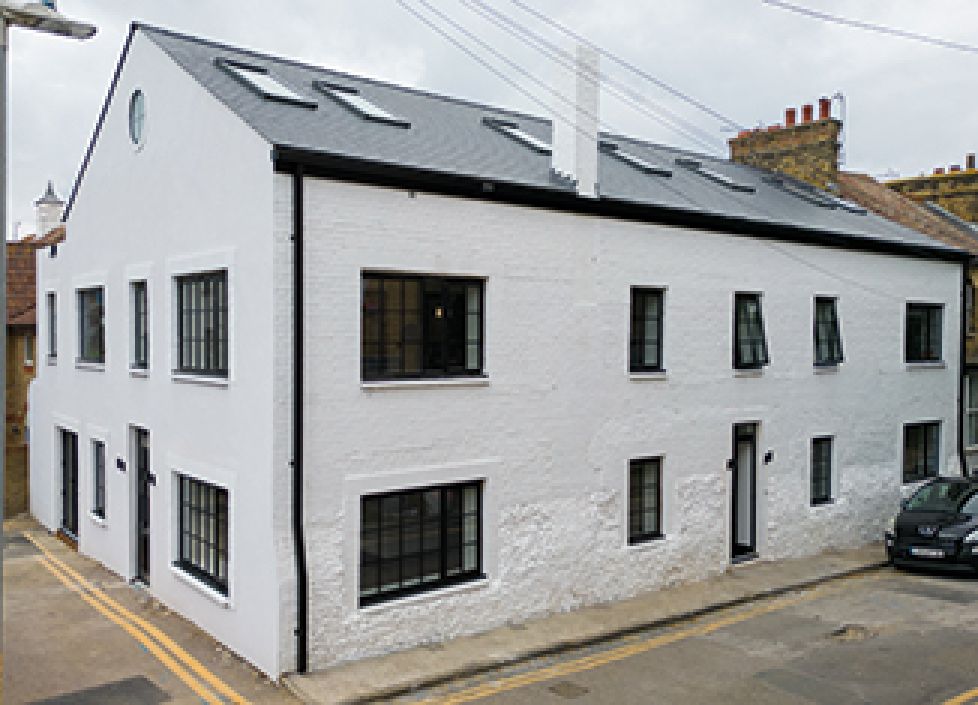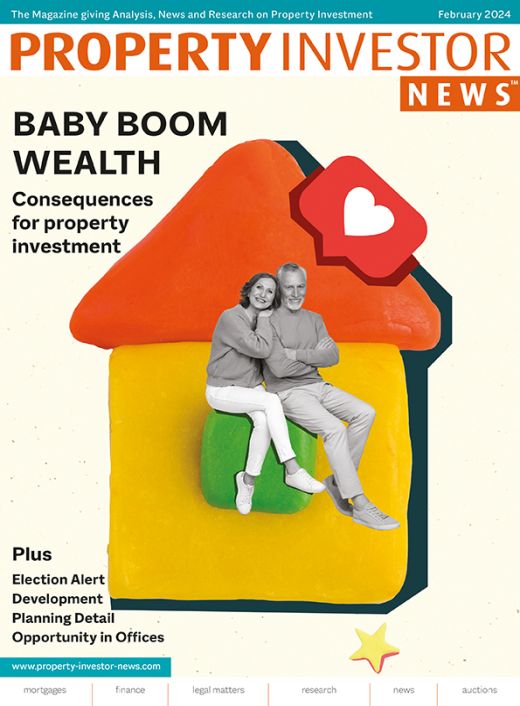By the time you read this the results of the Scottish referendum may already have been announced, but with just under 48 hours remaining it is worth getting some opinions on what a ‘Yes’ vote victory may mean for both the English and Scottish property markets.
First though, it should be emphasised that despite one poll putting the ‘Yes’ voters ahead on the 6th of September, (which sent politicians like David Cameron and Gordon Brown into a campaign panic), more recently signs have started to emerge that a ‘No’ vote is far more likely. While YouGov anticipates that 52% of Scots will vote ‘No’, the betting exchanges clearly show that nearly all the money is going on a ‘No’ vote, and the odds of a ‘Yes’ are only 20%, (so if you think the odds of a ‘Yes’ should be higher then you might want to have a bet!)
Regardless, at odds of 4-1 a ‘Yes’ vote is hardly a donkey running in the Epsom Derby and a ‘Yes’ would undoubtedly impact the UK property market…but how?
Market comment
In light of the upcoming Scottish referendum, property search company, The Buying Agents, has found that several home buyers have been intentionally delaying their purchases as they wait to see how the result is going to impact on them. This comes within days after Japan’s largest bank, Nomura, claimed that Sterling would drop by 15% in the event of a ‘Yes’ vote. The Buying Agents has also seen a new rush of international enquiries from a number of foreign cash buyers looking to move quickly and take advantage of imminent currency fluctuations should they occur.
Henry Sherwood, managing director at The Buying Agents says: “We have had several further enquiries from Japan and Singapore, who have quoted the exchange rates as a key motivator. There is an awful lot riding on Thursday, with serious consequences for homebuyers and investors alike. It will be interesting to see how the vote swings and no doubt we shall be holding our breath in anticipation.”
Richard Sexton, director at e.surv chartered surveyors, part of LSL Property Services, comments: “You can’t walk down the street without feeling the force of the independence debate. (But) uncertainty is leaving its trace – and squeezing supply has seen slower overall transactions’ growth compared to last year.
“Higher up the chain any prospective sellers with the luxury of time are hanging on to see which way the tide turns before they put their home on the market. However, depending on the outcome of the referendum this could reverse rapidly. There is a chance of a mass take-off and sale of investments, which would disrupt house prices in the short-term.
“A Yes vote would usher in a further sixteen months of uncertainty. A Scotland outside the UK would open the floodgates to the real questions of currency, exchange rates, mortgage risk, and property taxation. Many mortgage holders could see their LTV shoot up as the implications of borrowing from a bank in a foreign country are unmasked.
“Whichever way the chips fall on Friday morning, two million unhappy people will wake up in a divided Scotland, with a rift carved through society. This division will not easily be overcome, and it is the job of businesses to keep calm and carry on as usual.”
Graham Davidson, managing director at Sequre Property Investment, considers how an independent Scotland might affect those considering investing in buy to let. He says: “There is still uncertainty surrounding several vital elements of Scotland’s economy should the ‘yes’ campaign win.
“Over the past year, Sequre Property Investment has seen a rise in Scottish investors focusing their attention purely south of the border on cities such as Manchester and Liverpool. On top of this, in the wake of a yes vote, the likely weakening of sterling could encourage Scottish investors to think about their investments in a wider geographical context, as there will be a range of strong opportunities available to them.
“Glasgow was once touted as a great investment option, with gross annual yields of over 7.8%. Yet this could no longer be a given. An independent Scotland will have a smaller economy, which comes with higher credit risk and higher funding costs. This creates pressure on household finances and may actually result in lower house prices as people seek to find more affordable housing solutions. This might in turn mean that house sales begin to stall. The likely drop in Scottish property prices will mean that investment potential and likely returns will diminish.
“Large employers have already announced intentions to move south of the border should the Yes vote win. Business confidence in the region is shaky to say the least, and many large decisions may well be put on hold for some time.
“All this has the knock-on effect of creating job uncertainty which, added to a housing market that has only recently recovered from the crash of 2008 means careful consideration when looking at buy to let. We would advise people to consider their property investments, especially if they are currently looking at Scotland, as alternative cities might provide a better option at the moment.”



















